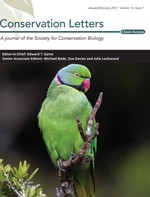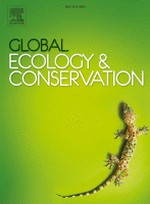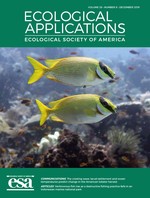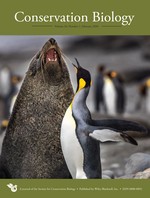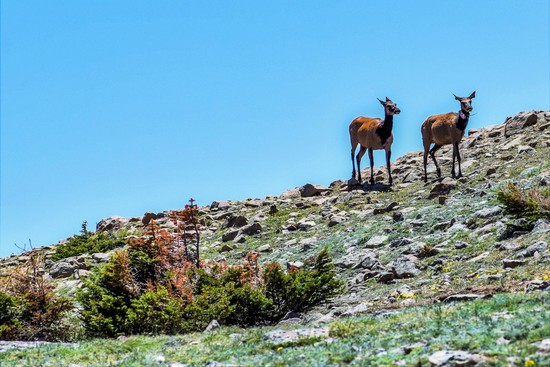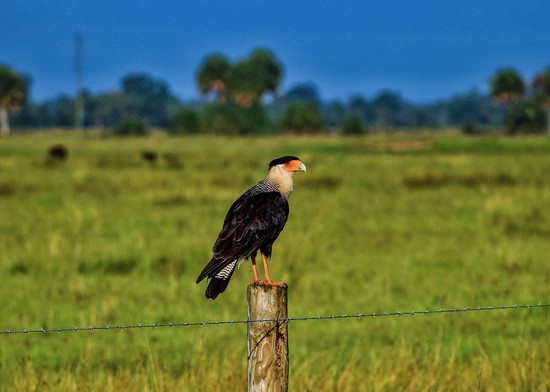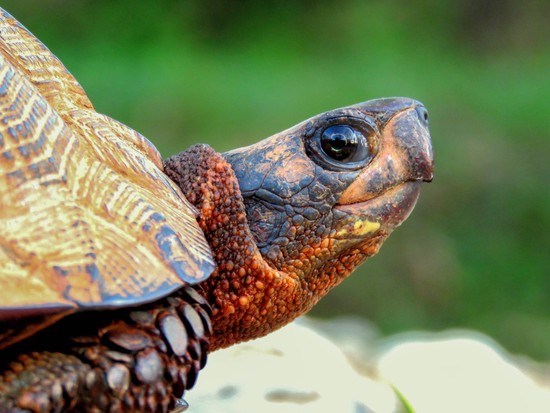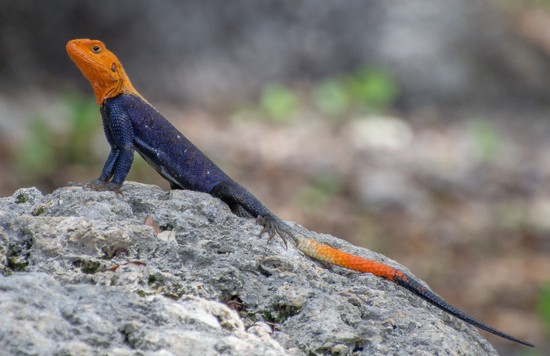Caitlin C. Mothes, Ph.D.
I am a conservationist, spatial ecologist and data scientist currently working with the Geospatial Centroid at Colorado State University. I recently received my Ph.D. from the University of Miami in the Department of Biology working in the Christopher Searcy Lab. My research investigates how environmental factors influence the spatial structure of species, with a diverse body of work that includes projects applying species distribution models and landscape genomics to pressing biodiversity conservation issues and developing new tools for landscape conservation design. I also lead multiple projects related to imperiled species policy, recently published in Conservation Biology and Conservation Letters. I have worked towards developing a broad skill set in geospatial analysis and data science which I use to analyze ecological data and develop tools to make important insights and contributions to biodiversity conservation. My work spans a broad range of species and systems, with the overarching goal of applying my research to conservation management decisions and policy action to best protect species and preserve natural ecosystems.
Interests
- Conservation
- Spatial Ecology
- Connectivity Planning
- Imperiled Species Policy
- Data Science
Education
-
Ph.D. in Conservation Ecology, 2016 - 2021
University of Miami
-
Certificate in Geospatial Technology, 2018
University of Miami
-
B.S. Zoology, 2012-2016
North Carolina State University
-
B.S. Conservation Biology, 2012-2016
North Carolina State University
